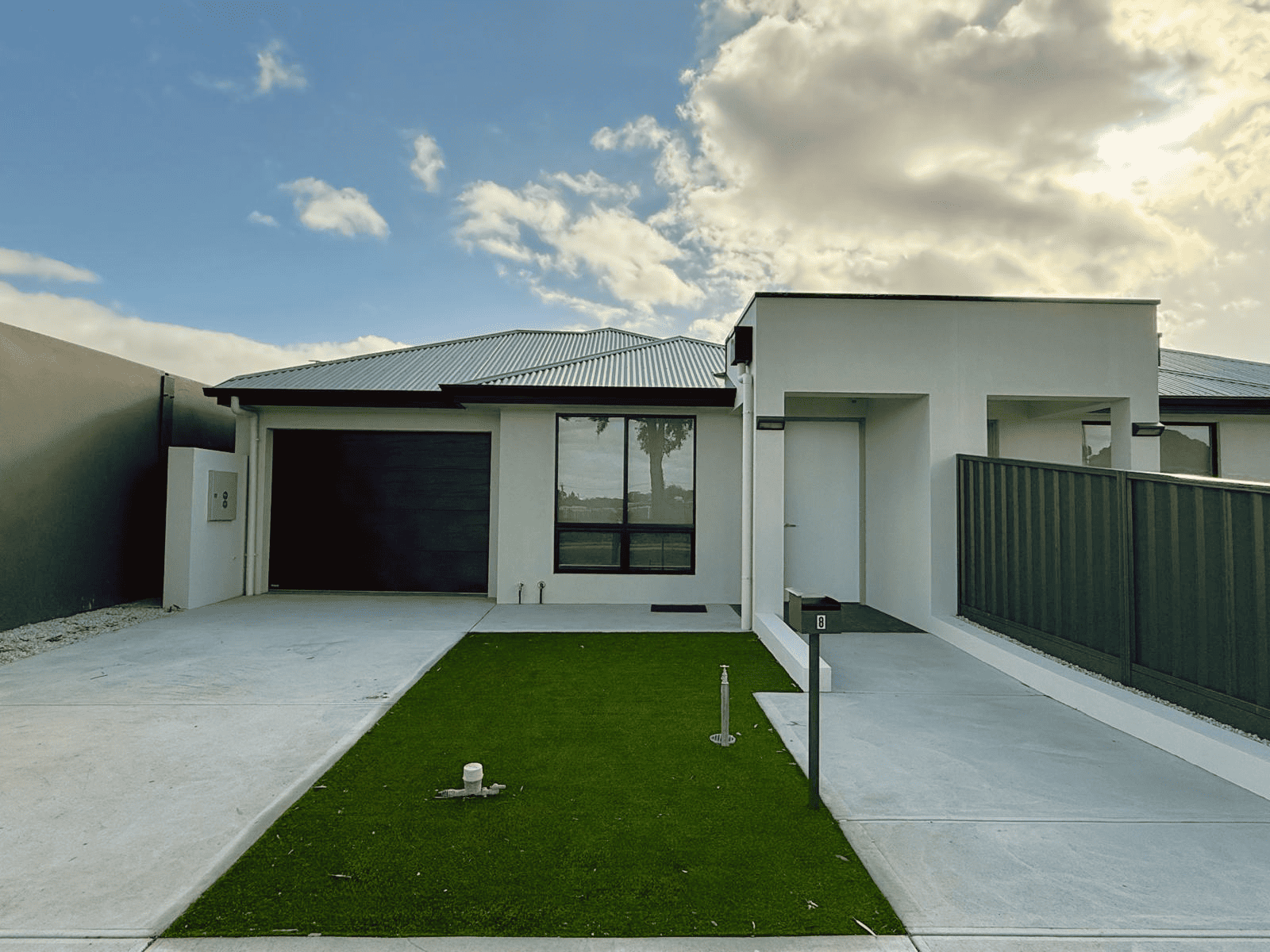Finding the right Supported Independent Living (SIL) or Specialist Disability Accommodation (SDA) home is one of the most important decisions an NDIS participant and their support coordinator will make. The right home can provide safety, independence, community connection, and comfort — while the wrong fit can affect wellbeing and daily life.
If you are searching for a SIL or SDA home in Adelaide, here are five key things to analyse before making a decision:
1. Location and Community Access
Where a home is located matters just as much as the design of the property itself. Participants and support coordinators should look for:
- Community opportunities (shops, parks, recreation facilities, or cultural activities).
A well-located home enhances independence and ensures participants stay connected with their community. - Proximity to essential services (hospitals, GP clinics, pharmacies).
- Transport options (public transport access or safe routes for private transport).
2. Suitability of the Property Design
Not all homes are built the same. SIL and SDA housing should be carefully matched to the participant’s needs. Consider:
- Accessibility features like ramps, wide hallways, or hoists.
- Safety measures such as emergency call systems and secure entrances.
- Space for personalisation so the participant feels at home, not just accommodated.
SDA properties vary in design category (Improved Liveability, Robust, Fully Accessible, or High Physical Support), so choosing the right type is crucial according to participant needs and budged.
3. Quality Support Services
A beautiful house without quality support services won’t deliver the outcomes participants deserve. Support coordinators should ask:
- What level of daily support is provided? (e.g., 24/7 staff, drop-in supports).
- Are the staff trained and experienced in the participant’s specific needs?
- How flexible are providers in adapting services as participant goals evolve?
Support services should promote independence while offering reliable, consistent care.
4. Compatibility with Housaemates
For many participants, SIL housing means sharing with other people. Compatibility is critical. Support coordinators should evaluate:
- Whether housemates share similar lifestyles, routines, or interests.
- How providers manage conflict resolution or differences in personalities.
- The process for participants to have a say in who they live with.
A supportive, positive household can make a huge difference to wellbeing and independence.
5. Alignment with NDIS Goals
Ultimately, the chosen SIL or SDA home must align with the participant’s NDIS goals. If a participant’s goals include independence, social participation, or building daily living skills, the home should provide opportunities and supports that foster these outcomes. Support coordinators should ensure:
- Flexibility exists to adapt supports as goals change over time.
- The property and services are person-centred, not one-size-fits-all.
- The home contributes to measurable progress in the participant’s plan.
Care and Connects: Aligned to Participant Needs
At Care and Connects, we understand that choosing a SIL or SDA home is more than just finding accommodation — it’s about finding the right environment to thrive. Our approach is centred on:
- Matching participants with homes and supports that align with their goals.
- Providing highly trained support workers who deliver consistency, compassion, and professionalism.
- Building strong communication channels with support coordinators, families, and multidisciplinary teams to ensure participants are supported holistically.
- Providing a registered nurse to support and care for participants as per doctor’s instructions.
- Offering accessible vehicles to transport participants who require specialised transportation.
By combining safe, well-located homes with person-centred support, we empower participants to live with independence, dignity, and choice.
The right SIL or SDA home isn’t just a place to live — it’s the foundation for building a fulfilling life. With the right provider, participants can achieve their goals and feel truly at home.
